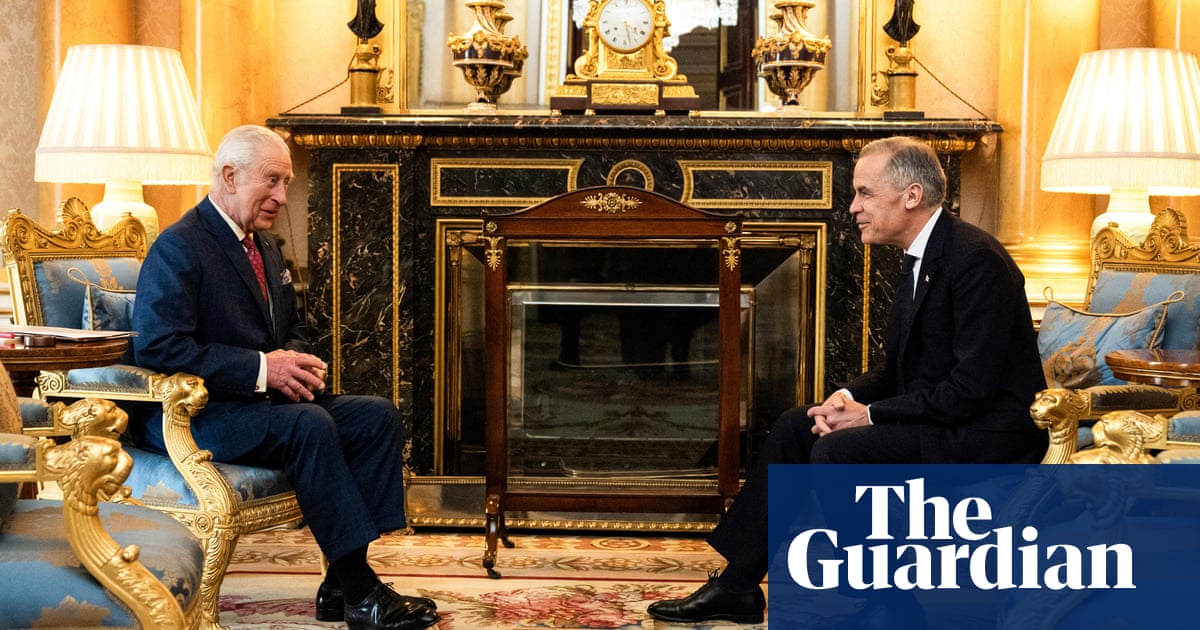King Charleshas accepted an invitation to open Canada’s parliament on 27 May, in “an historic honour that matches the weight of our times”, the country’s prime minister,Mark Carney, said on Friday.
In his first news conference since an election dominated byDonald Trump’s threats toCanada’s sovereignty, the prime minister also confirmed he would meet the US president at the White House on Tuesday.
Trump has repeatedly suggested annexingCanadato the US and imposed tariffs on some Canadian goods, moves which Carney has described as a “betrayal”.
“As I’ve stressed repeatedly, our old relationship, based on steadily increasing integration, is over,” he said, adding he will “fight” to get the best deal for the country. “The questions now are how our nations will cooperate in the future.”
Carney’s Liberals are set to form a minority government after Monday’s election, and are projected to hold at least 168 seats, with recounts pending in at least two electoral districts. The Conservatives will form the official opposition with a projected 144 seats, while the Bloc Québecois won 23, the progressive New Democrat party seven and the Greens one. Carney praised the strength of the country’s democracy amid high turnout, telling reporters all party leaders “quickly and graciously” accepted the results.
“Canadians elected a new government to stand up to President Trump and build a strong economy,” Carney said.
Carney told reporters he would announce his cabinet on 12 May and parliament would return on 27 May in a move that “clearly underscores the sovereignty of our country”.
The visit of a monarch to give the speech from the throne marks the first in more than half a century. The last time a sovereign opened parliament was in 1957, when Queen Elizabeth II came to Ottawa.
The prime minister also used the meeting to acknowledge a large portion of the voter base had concerns they felt the Liberals had so far failed to fully address.
“I’ve been clear since day one of my leadership campaign in January, I’m in politics to do big things, not to be something,” he said. “Now that Canadians have honoured me with a mandate to bring about big changes quickly, I will work relentlessly to fulfil that trust.”
More details soon …
